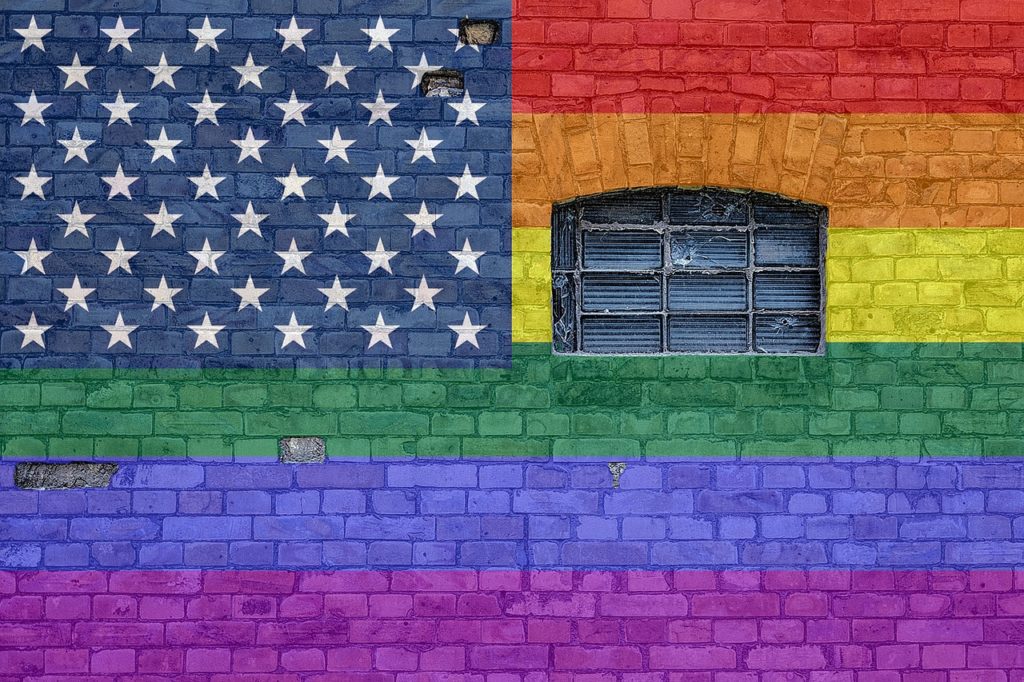Cleveland Sexual Orientation Discrimination Lawyer
 Thanks to the efforts of many courageous employees and their lawyers, LGBTQ employees in Ohio and across the nation at long last have protection from sexual orientation discrimination in the workplace.
Thanks to the efforts of many courageous employees and their lawyers, LGBTQ employees in Ohio and across the nation at long last have protection from sexual orientation discrimination in the workplace.
In the early 2000s, a growing social and legal trend towards prohibiting sexual orientation discrimination in the workplace began to blossom. According to a study by the Human Rights Campaign, by 2013, 92% of Fortune 500 companies included sexual orientation in their anti-discrimination policies. By 2020, nearly half the states and the District of Columbia banned private employers from discriminating on the basis of sexual orientation. On the local level, many cities across the nation, including all the large cities in Ohio, had ordinances prohibiting sexual orientation discrimination.
Despite that trend, until June 2020 neither federal nor Ohio employment discrimination statutes banned discrimination on the basis of sexual orientation. Repeated legislative attempts to add such a protection to the statutes failed. Citing the lack of a clear statutory ban, courts held that private employers in Ohio could fire LGBTQ employees for not being heterosexual. Shocking as that may seem, it held true even for the proverbial employer who explicitly told an employee “you’re fired because you’re gay.”
Protecting the rights of LGBTQ employees in Ohio
In 2015, the U.S. Equal Employment Opportunity Commission—the federal agency tasked with interpreting federal employment discrimination law—announced it would start interpreting the ban on “sex” discrimination in Title VII of the Civil Rights Act to also include “sexual orientation” discrimination. Although that position seemed like a long-shot at first, two federal courts of appeals soon adopted it.
In a ground-breaking 2017 decision, the Seventh Circuit Court of Appeals became the first federal court of appeals to hold that Title VII bans sexual orientation discrimination, in a case called Hively v. Ivy Tech. In February 2018, the Second Circuit Court of Appeals followed suit in a case called Zarda v. Altitude Express, Inc. Until these two cases, federal courts of appeals had consistently rejected claims of sexual orientation discrimination brought under Title VII. One of those courts was the Sixth Circuit, which has jurisdiction over Ohio.
The issue finally made its way to the Supreme Court in 2020. In the landmark case Bostock v. Clayton County, Georgia the Supreme Court finally weighed in. In a somewhat surprising 6-3 decision, the conservative Court held that federal law protects LGBTQ employees from sexual orientation discrimination in the workplace.
Title VII “sex stereotyping” claims might protect gay and lesbian employees in Ohio.
Before Bostock, the options were limited for LGBTQ employees in Ohio. Title VII offered a potential avenue of protection, arising from the Supreme Court’s 1989 decision in Price Waterhouse Coopers v. Hopkins. The plaintiff in that case was denied a promotion because her employer considered her too “macho.” The Supreme Court held that Title VII bars employers from making decisions on the basis of “stereotypes” about the way men and women should act because that is discrimination on the basis of sex. Following Price Waterhouse, gay and lesbian employees successfully sued their employers under Title VII, claiming they were discriminated against—not because of their sexual orientation—but because they do not conform to traditional gender norms.

Whether these “sex-stereotyping” claims succeeded depended on both careful pleading and the mannerisms or appearance of the employees at issue. Two cases from the Sixth Circuit offer an illustrative contrast.
In Smith v. City of Salem, the Salem, Ohio Fire Department suspended a transsexual lieutenant after he began expressing a feminine appearance in line with his diagnosed Gender Identity Disorder. Reversing the district court’s dismissal of the complaint, the Sixth Circuit held that the plaintiff sufficiently stated a claim of sex-stereotyping because he alleged he was discriminated against for “his failure to conform with sex stereotypes about how a man should look and behave. . . .”
The plaintiff in Vickers v. Fairfield Medical Center was not quite so successful. The plaintiff, a private police officer, was harassed by co-workers after befriending a homosexual doctor at the hospital where he worked. Among other things, his co-workers called him “gay” and “fag,” and wrote gay slurs on his report forms. The plaintiff tried to bring a sex-stereotyping claim but the Sixth Circuit rejected it. The Court held that the complaint was more properly viewed as one of harassment based on perceived homosexuality rather than gender non-conformity. It noted in particular that the plaintiff’s argument did not allege any failure to conform with traditional gender norms that would be “observable in the workplace,” rather than in the privacy of the bedroom. The Court then held that accepting an employee’s sexual practices as the actionable non-conforming behavior would effectively permit all claims of sexual orientation discrimination because “homosexuals, by definition, fail to conform to traditional gender norms in their sexual practices.” It is worth noting, however, that this case long predates the EEOC’s 2015 announcement, not to mention the Bostock decision.
Contact an sexual orientation discrimination law to learn about your rights
Despite the landmark Bostock decision, proving any discrimination case can be extremely difficult. To maximize the chances of success, employees should hire an experienced Ohio employment discrimination attorney.
If you believe you have been the victim of sexual orientation discrimination at work, the Cleveland LGBTQ discrimination lawyers at Bolek Besser Glesius might be able to help. Contact us today.

